
The MOOC “Disinformation & Fact-Checking in Times of COVID-19 in Latin America and the Caribbean” will be taught in Spanish, Portuguese and Guaraní from Feb. 15 to March 14, 2021.
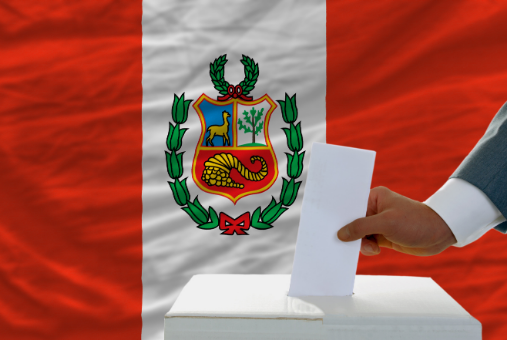
Ama Llulla, "don't lie" in Quechua, is the new Peruvian fact-checking network created to combat false information during the electoral campaign ahead of the April 11 general elections.
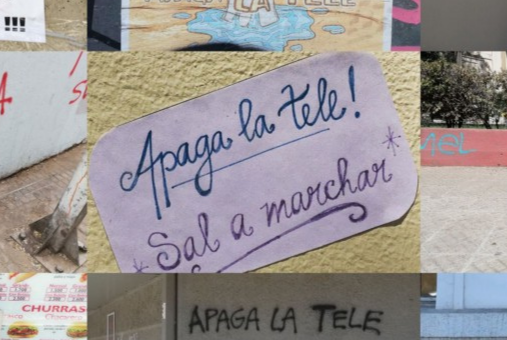
The social protests in Chile reminded the country's media of the importance of working on the ground, of deploying press teams with sufficient capabilities to work in such a "volatile and dynamic context," said journalist Paula Molina.

Radar is an automated system that tracks websites and social networks in Brazil in real-time in search of potentially misleading content.
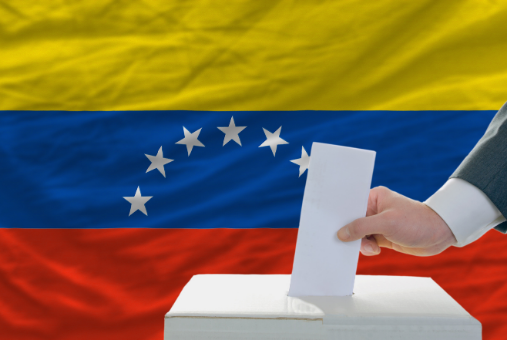
The alliance, called Venezuela Verifica, brings together fact-checkers from seven organizations, under the coordination of the Venezuelan Press and Society Institute (IPYS Venezuela)
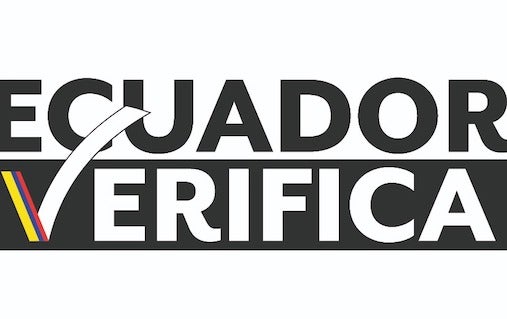
The initiative, according to the organizers, is unprecedented in Ecuador and is inspired by similar initiatives in Latin America, such as Verificado in Mexico and Projeto Comprova in Brazil.
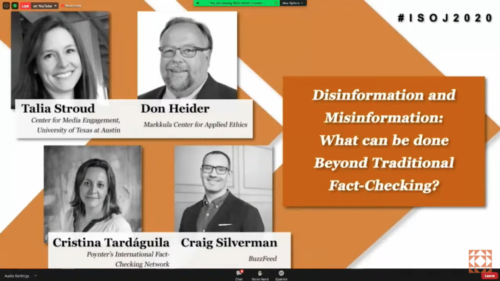
The tricky part of the traditional fact-checking model is the speed in which fake news can reach hundreds of thousands of people, said Talia Stroud, director of the Center for Media Engagement of UT at Austin.
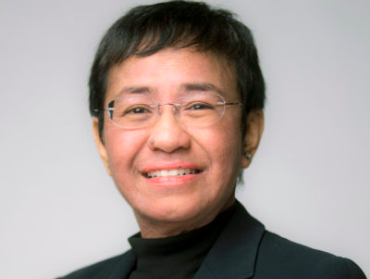
During the first panel of ISOJ online 2020, Filipino-American journalist Maria Ressa explained how technology is affecting the democracy not only in the Philippines but around the world. She talked about the complex disinformation networks targeting journalists and freedom of expression.
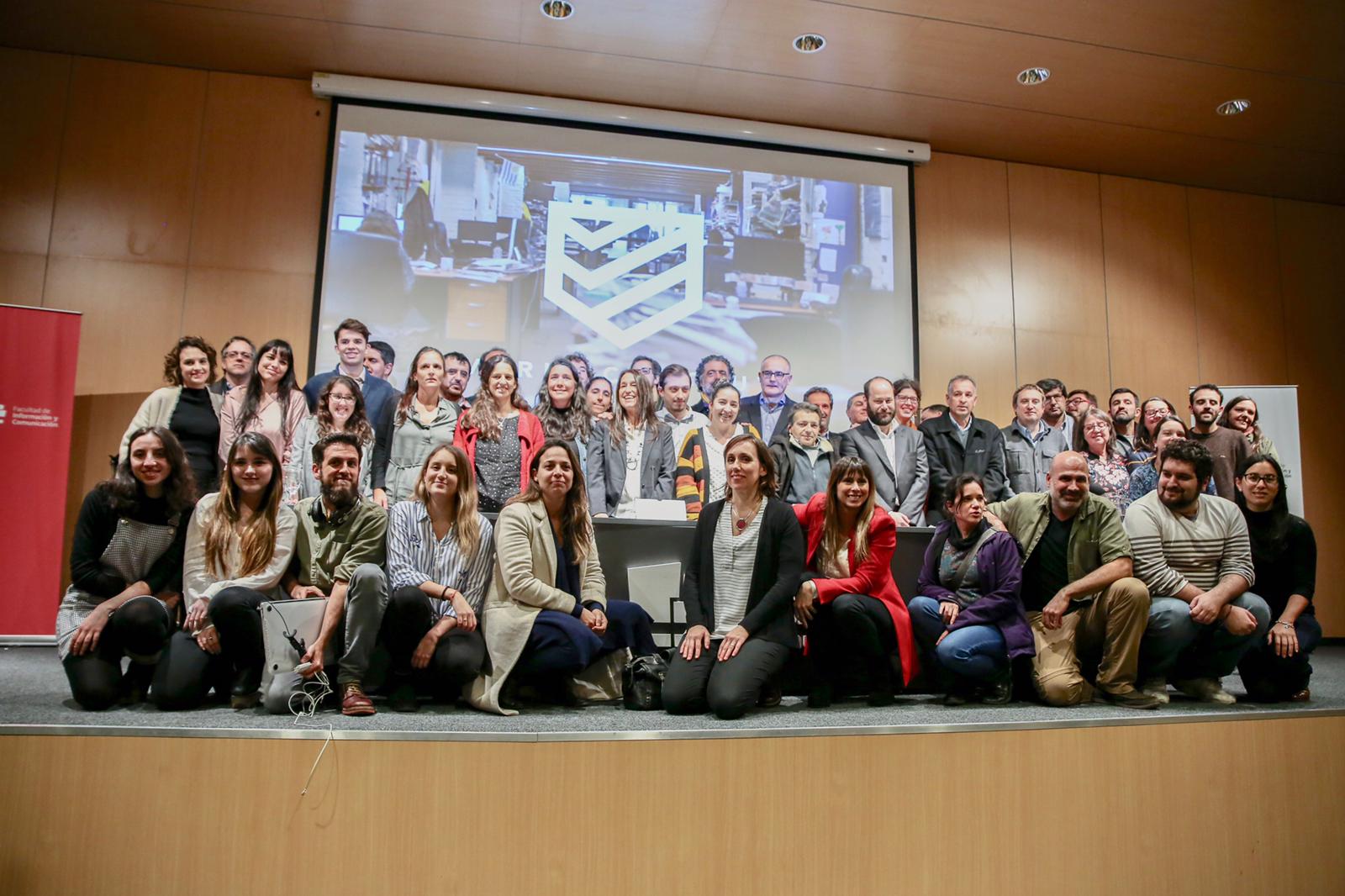
After a little more than eight months of preparation and arriving at agreements between organizations that support the new data verification initiative in the region, Uruguay has joined the fight against misinformation with the launch of fact-checking site Verificado.uy on July 22.
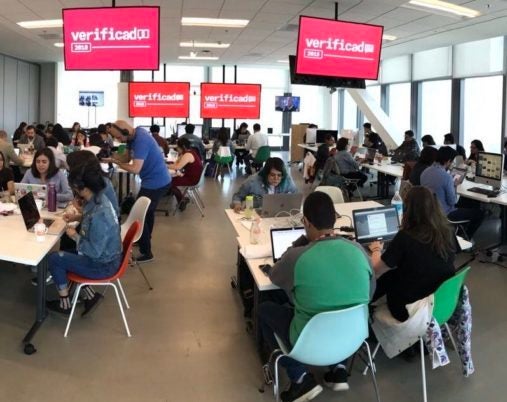
Jota and Verificado were recognized along with eight other news products during the World News Media Congress in Glasgow, Scotland on June 2.
One idea that permeated this year’s International Symposium on Online Journalism (ISOJ) conference is that automation in journalism is no longer a thing for the future. It’s here and working right now, declared chair and presenter Bill Adair on April 12.
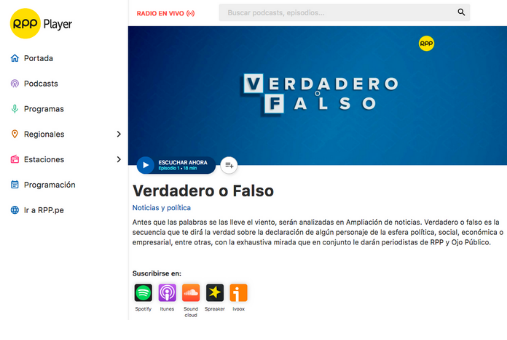
One of Peru’s digital investigative journalism sites and its largest radio broadcasting company have teamed up to verify public discourse and share their findings across the country.